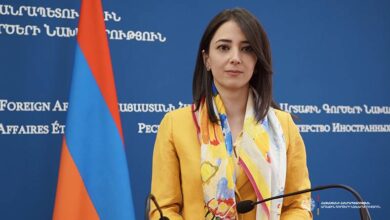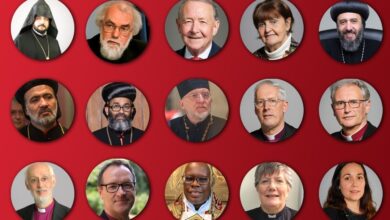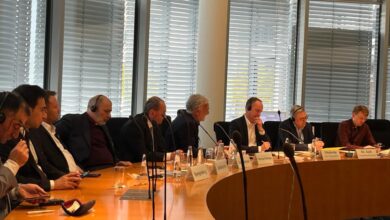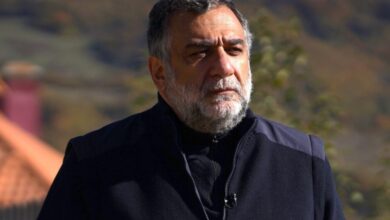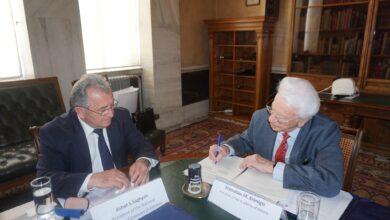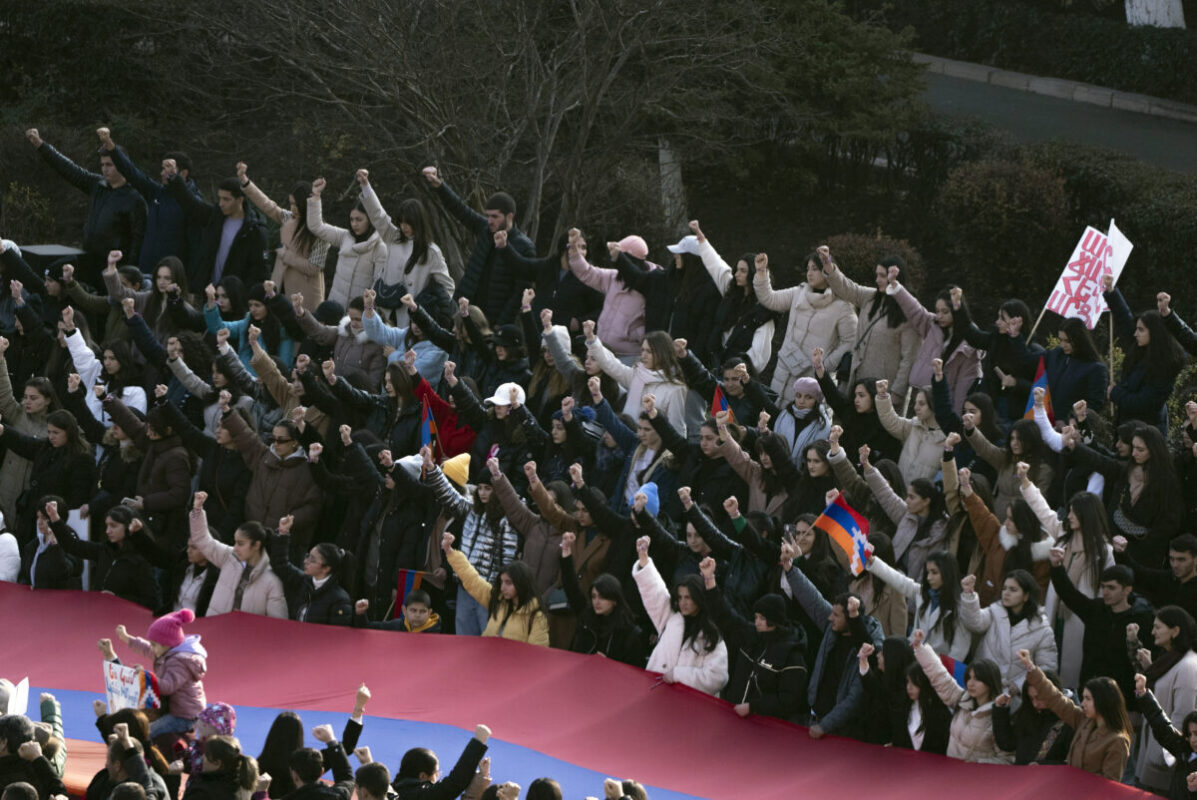
The humanitarian catastrophe in Artsakh is a textbook example of ethnic cleansing, Armenia’s former President Armen Sarkissian writes in an article published by TIME.
He notes that more than a dozen nongovernmental organizations, including Genocide Watch, have issued a stark warning that Azerbaijan’s blockade is “designed to, in the words of the Genocide Convention, deliberately inflict conditions of life calculated to bring about the end of a national, ethnic, racial or religious group in whole or in part.
According to Armen Sarkissian, “all 14 risk factors for atrocity crimes identified by the UN Secretary-General’s Office on Genocide Prevention are now present.”
The only lifeline for Armenians in Artsakh is that slender road that connects them to Armenia, the ex-President says.
“Volunteers at home and in Armenian diaspora communities are doing all they can to help. As the former president of Armenia, I have decided to give the pension set up for me in law to humanitarian causes in Artsakh. Such efforts cannot, however, succeed in isolation. History—Armenian history—teaches us that the success of genocidal campaigns is always dependent on the silence of the world. It is time for the international community to speak up,” Armen Sarkissian writes.
For the past five weeks the only road linking the Republic of Artsakh to Armenia has been blocked by Azerbaijanis. As much of the world celebrated Christmas and New Year, over 120,000 Armenian residents of the region—the oldest continuously inhabited Armenian homeland, dotted with Armenian churches and monasteries and monuments predating the spread of Christianity to Europe by decades—were cut off from the world.


